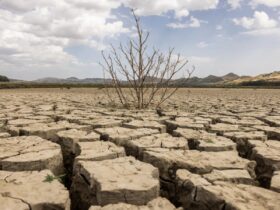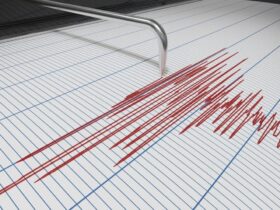Unlike the atmosphere, with climate change the ocean is becoming more stable and this can worsen global warming
As the earth continues to warm, the oceans are becoming more stable in reverse instead of the atmosphere. An international team of climate scientists says the increase in this stability is greater than expected. Thus the ocean will absorb less carbon and be less productive.
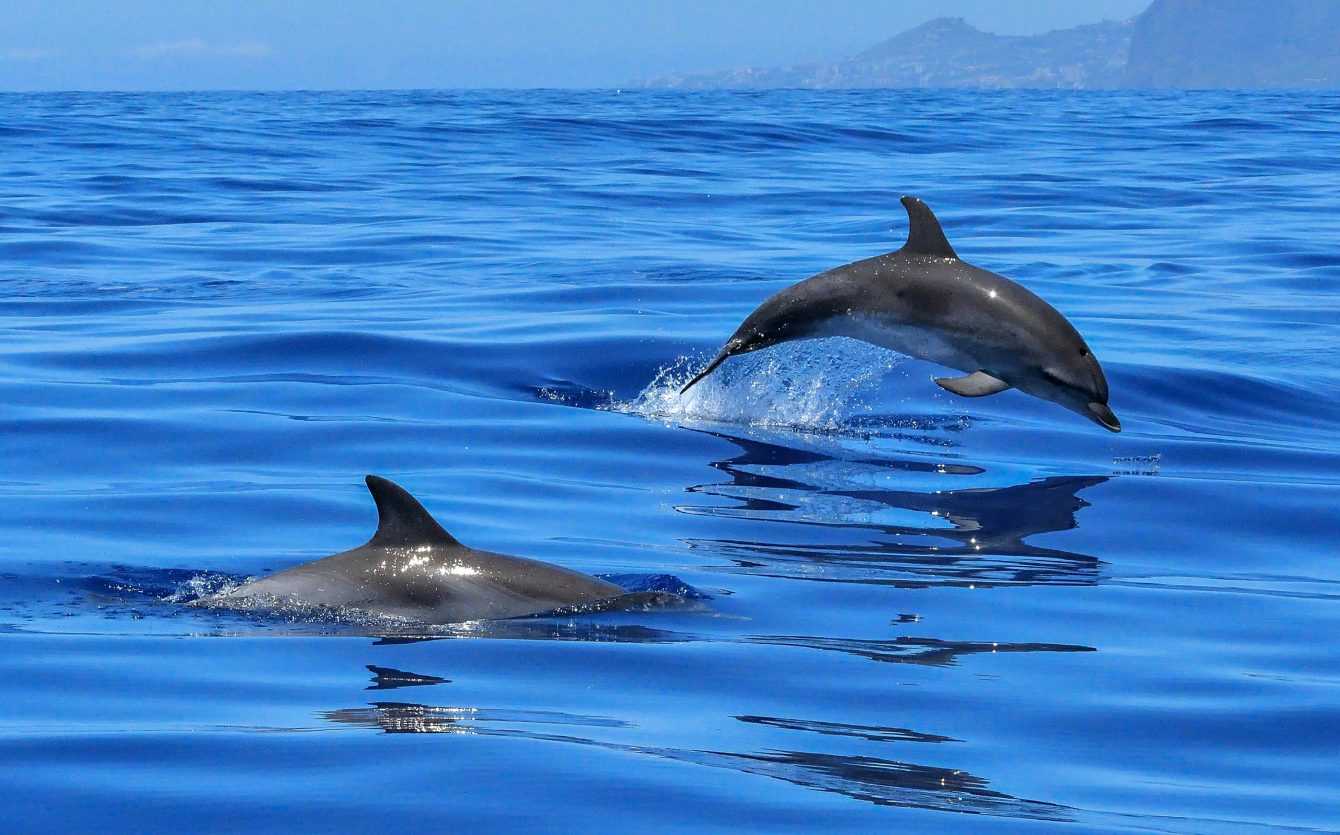
Layered ocean?
The water of the oceans not all are the same. Most of the vita in fact it is concentrated in the first few meters of water. In fact, the deeper you go the more sunlight it struggles to get there and the temperatures drop considerably. An important engine for aquatic life is the mixing that deep waters are able to have with superficial ones. Sui backdrops nutrients precipitate which are useful for life on the surface. In addition, gases, such asoxygen, they melt better in cold waters, which are normally found lower than the first 30/40 meters. Just like air, so toohot water salt because it is less dense than cold water. But if the warmer water stays on top, the ocean’s vertical mixing slows down. Furthermore, the melting of glaciers introduces fresh water into the upper layers of the oceans. Fresh water is less dense than salt water and therefore tends to remain on the surface as well.
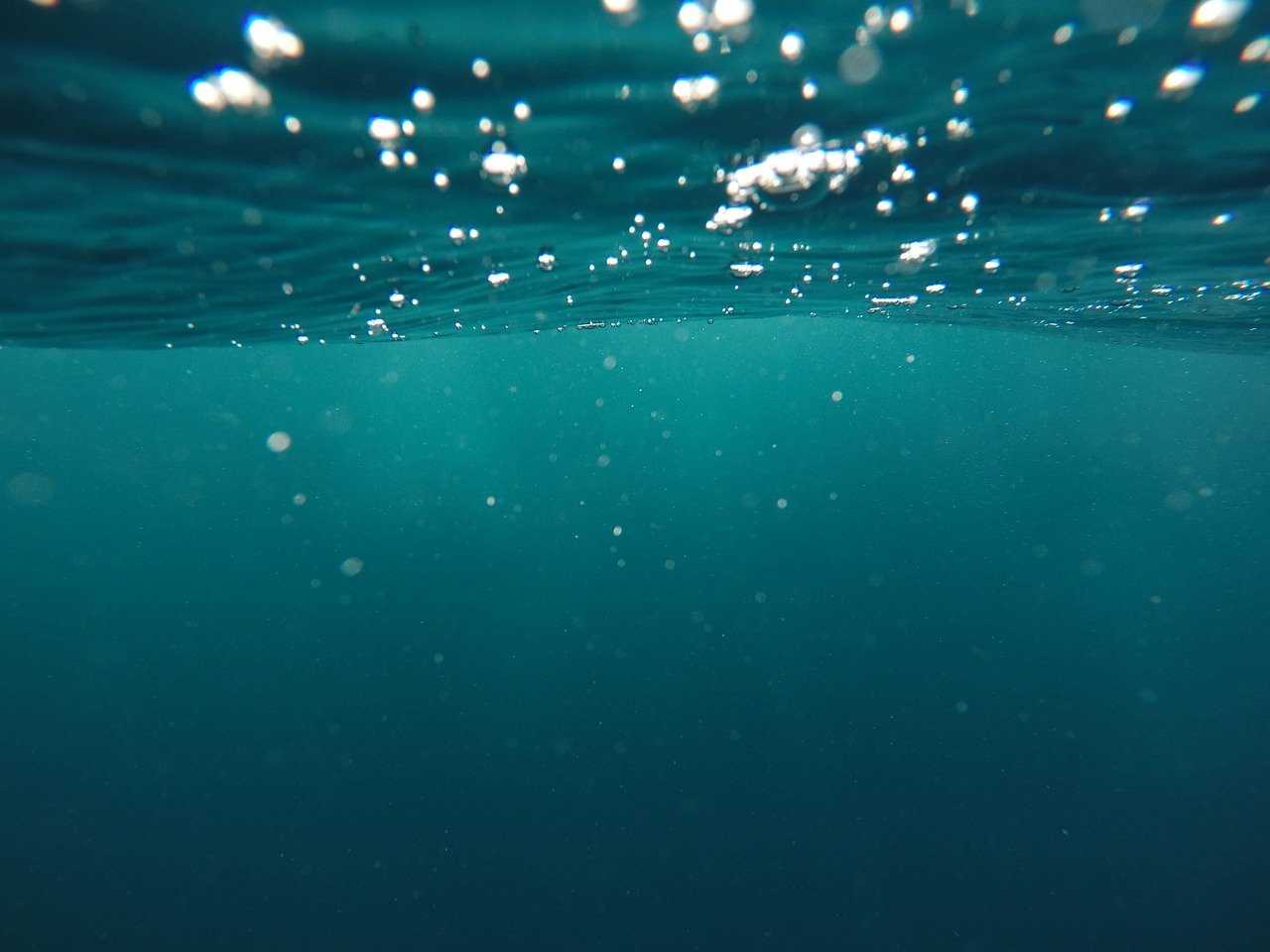
Less mixing
Both the high temperature and the salinity cause greater stratification of the oceans and less mixing of their waters. While surface water is heating up fast, this is not the case for deeper waters. This makes the various water layers of theOcean more stable. Less mixing prevents hot water from flowing down causing a loop heating. Less vertical mixing of the water means that the surface of theocean heats up even faster. This causes more powerful hurricanes, for example. The models on the climate change people often underestimate these trends. These are the results published by Li and colleagues in Nature Climate Change. Physicists have developed a model to fill these gaps and show how rapidly warming water affects climate change.
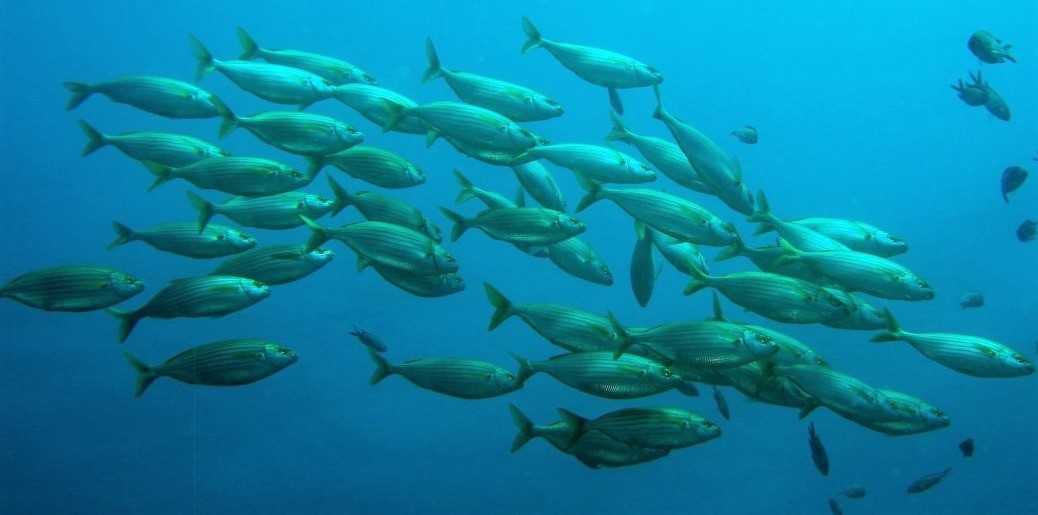
The consequences
In addition to the effects on the global warming, a lower exchange of water also entails economic consequences. Warmer surface water brings with it greater acidity and less oxygen present. These factors decrease the number of living species, with repercussions on fishing. In addition to a smaller variety, the size of the fish it varies becoming smaller and smaller, with consequences on the whole trophic chain. The fishing and fish industry is in danger of suffering from these factors. The ocean therefore sends us a further alarm on the environmental consequences of global warming. Alarm which must increase global efforts to reduce it as soon as possible.
Follow us on our section sciences for other news!













